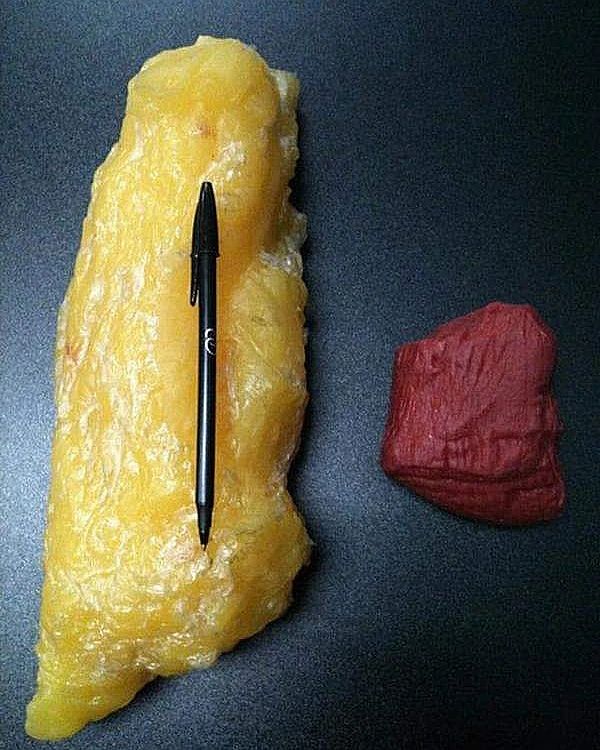A considerable number of people who opt for one of the popular diets and aim to “shed” a certain number of kilograms within a specific timeframe often become discouraged, and frequently give up when they encounter the first obstacle, which usually manifests as a plateau in weight loss. Everything starts off idyllic; a person loses the initial 5kg out of the envisioned 15 (for example) in just over a month, and then this decline suddenly slows down. In the next month, the person loses 2kg, followed by two weeks of maintaining the same weight. They begin to wonder if they are doing something wrong and if this is it for them.
Of course, there are numerous variables that can impact the above, and we’ve previously mentioned how the weight loss process is never linear, with its ups and downs, fluctuations, and obstacles. On one hand, you are battling against yourself and your own body, which has become accustomed to a certain weight, created a comfort zone around it, and wants to maintain it. Similarly, if your weight loss is accompanied by quality training, which is highly desirable, standing at the same weight for two weeks before another drop doesn’t necessarily mean nothing is happening. If the scale doesn’t change, it doesn’t mean you’re not changing! One of the basic laws of physics states that energy cannot disappear, it can only change from one form to another. Simplified, a portion of your fat stores, over time and with sufficient training intensity, converts into muscle tissue.
The image attached is an ideal indicator of why you shouldn’t be dissatisfied if you’ve lost less than you set out to or thought you could/should in a certain period. “Just 5 pounds” (shown in the picture) doesn’t really look like a small amount, does it? Besides, where are you rushing to!? The kilograms you want to quickly get rid of weren’t gained in a couple of months, so why do you expect to lose them so quickly? In some extreme cases that we idealize while searching for a “quick fix, you might be able to do that, but it’s highly questionable how healthy, let alone sustainable that is.
In conclusion, the same weight on the scale over several weeks is not the end of the world, especially if you’re training and visibly noticing and feeling that your muscles are firmer, more defined, and tighter, and, for example, your clothes fit better. This is called body recomposition, and there’s a greater chance of it happening if you have a lot of weight to lose. In this case, you might even gain muscle mass while losing weight, which is a paradoxical idea and concept but it sometimes happens. As you can see, 2kg of muscle tissue looks drastically different from 2kg of fat—it takes up less space, has a more dense structure, and also requires more energy for maintenance. This practically means that your daily caloric needs increase. Practically speaking, the more muscle you have on your body, and the leaner you are, the more you can eat and indulge in “treats”. Of course, we still stay proponents of mindfulness and moderation and not neglecting the health aspect of your diet.
Original release date: July 31, 2022






